Rövşən Rzayev: “Laçına növbəti köçlə bağlı hazırlıq işləri gedir”
02 Jun 2023 09:24“Sus və Zabuğa qayıdışla bağlı tapşırıqların avqust ayında həyata keçiriləcəyi ehtimal edilir”.Bunu Qaçqınların və Məcburi Köçkünlərin İşləri üzrə D...
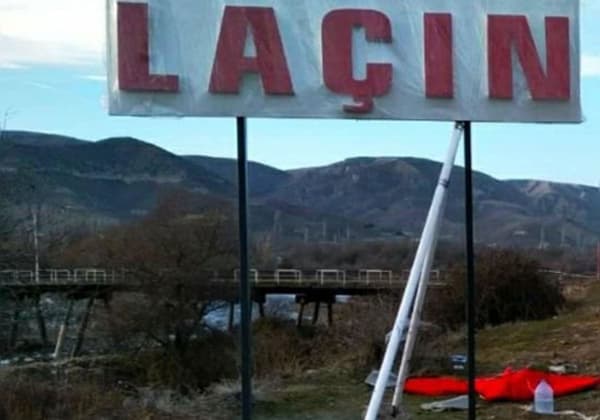
Şəhid ailələri və qazilərin mənzillə təminatı proqramı 5 dəfə genişlənib
02 Jun 2023 09:20"2018-2023-cü illərdə şəhid ailələri və müharibə ilə əlaqədar əlilliyi olan şəxslərin mənzillə təminatı proqramı 5 dəfə genişlənib".Bunu əmək və əha...
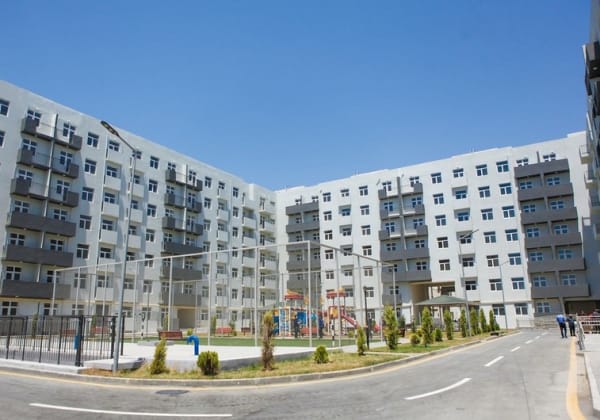
Ümumqoşun poliqonunda döyüş atışlı taktiki təlim keçirilib
31 May 2023 08:45Müdafiə nazirinin təsdiq etdiyi 2023-cü il üçün hazırlıq planına əsasən, ümumqoşun poliqonunda "N" hərbi hissəsinin döyüş atışlı taktiki təlimi keçi...

Cəbrayılda kəhrizlərin bərpası istiqamətində layihə icra olunur
31 May 2023 08:42İşğaldan azad olunmuş Cəbrayıl rayonunun Horovlu kəndində kəhrizlərin bərpası istiqamətində işlərə başlanılıb.Bu barədə Şərqi Zəngəzur iqtisa...
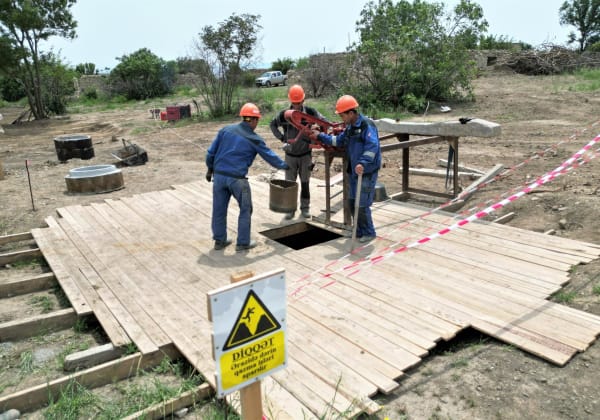
Qayıdış proqramında 200-dən çox Laçınlı quruculuq-abadlıq işlərinə cəlb olunub
30 May 2023 08:32Qayıdış proqramında 200-dən çox Laçın sakini işlərə cəlb olunub. Onlar Laçında həyata keçirilən quruculuq-abadlıq işlərində iştirak etmək üçün könül...
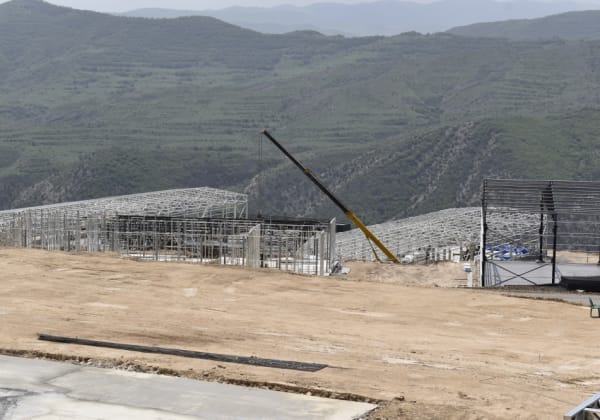

Rövşən Rzayev: “Laçına növbəti köçlə bağlı hazırlıq işləri gedir”
02 Jun 2023 09:24
42

Şəhid ailələri və qazilərin mənzillə təminatı proqramı 5 dəfə genişlənib
02 Jun 2023 09:20
39

Ümumqoşun poliqonunda döyüş atışlı taktiki təlim keçirilib
31 May 2023 08:45
86

Cəbrayılda kəhrizlərin bərpası istiqamətində layihə icra olunur
31 May 2023 08:42
130
FOTO QALEREYA
VİDEO QALEREYA

Rövşən Rzayev: “Laçına növbəti köçlə bağlı hazırlıq işləri gedir”
02 Jun 2023 09:24
42

Şəhid ailələri və qazilərin mənzillə təminatı proqramı 5 dəfə genişlənib
02 Jun 2023 09:20
39
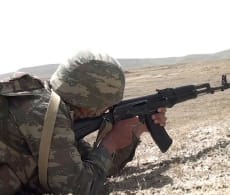
Ümumqoşun poliqonunda döyüş atışlı taktiki təlim keçirilib
31 May 2023 08:45
86

Cəbrayılda kəhrizlərin bərpası istiqamətində layihə icra olunur
31 May 2023 08:42
130

Qayıdış proqramında 200-dən çox Laçınlı quruculuq-abadlıq işlərinə cəlb olunub
30 May 2023 08:32
98

Laçında təcili və təxirəsalınmaz tibbi yardım briqadası fəaliyyətə başlayıb
29 May 2023 08:15
215

28 May - gen yaddaşımıza həkk olunmuş mübarək gün!
25 May 2023 12:41
102

Zəngilan və Cəbrayılda itkin düşənlərin tapılması istiqamətində tədqiqata başlanacaq
24 May 2023 12:16
97
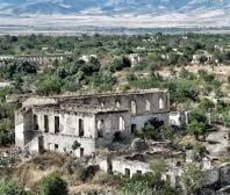
Füzulidə arabası ilə birlikdə basdırılmış hökmdarın məzarı tapılıb
23 May 2023 13:50
112

Zəngilanda iki növ yeni Xarıbülbül tapılıb
23 May 2023 13:11
73

Şuşada çox sayda tunel aşkarlanıb
23 May 2023 13:08
52

Meyit qalıqlarının eyniləşdirilərək ailələrinə təhvil verilməsi uzun prosesdir
23 May 2023 11:27
77
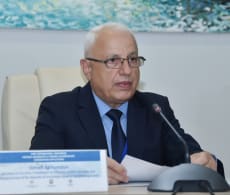
BQXK-nın yaxından iştirakı ilə 700-ə yaxın humanitar proses həyata keçirilib
23 May 2023 11:22
133
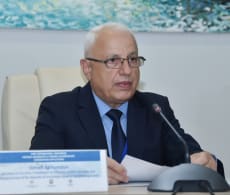
İtkin düşmüş şəxslərin ailə üzvlərindən 10 min 805 bioloji nümunə toplanıb
23 May 2023 11:16
49
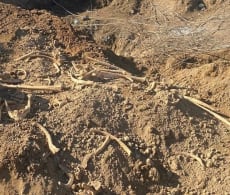
Füzuli iki şəxsə aid olduğu ehtimal edilən qalıqlar tapılıb
23 May 2023 11:08
40

Xəzərdə dəniz komandolarının iştirakı ilə təlim keçirilib
22 May 2023 10:50
131

Azərbaycan Ordusunda silah və texnika yay mövsümündə istismar rejiminə keçirilib
19 May 2023 11:15
88
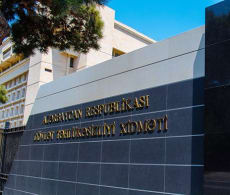
Ermənistan xüsusi xidmət orqanları ilə məxfi əməkdaşlığa cəlb olunan şəxslər ifşa edilib
16 May 2023 08:10
101

Müdafiə Nazirliyində xidməti müşavirə keçirilib
15 May 2023 13:57
148
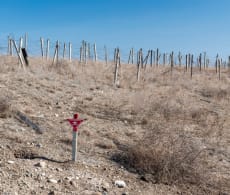
ANAMA-dan işğaldan azad olunmuş ərazilərə səfər edən vətəndaşlara müraciət
15 May 2023 12:40
115
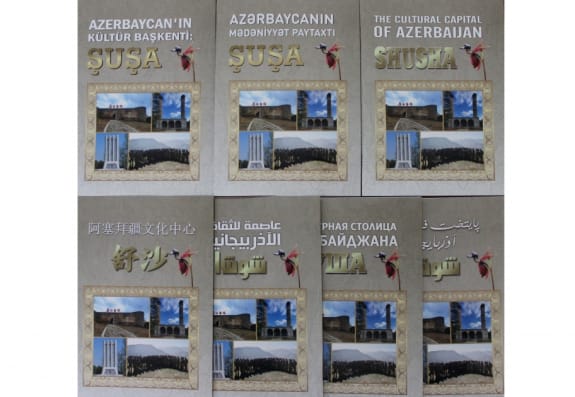
Şuşa haqqında 7 dildə buklet çap olunub
13 Feb 2023 09:10
236
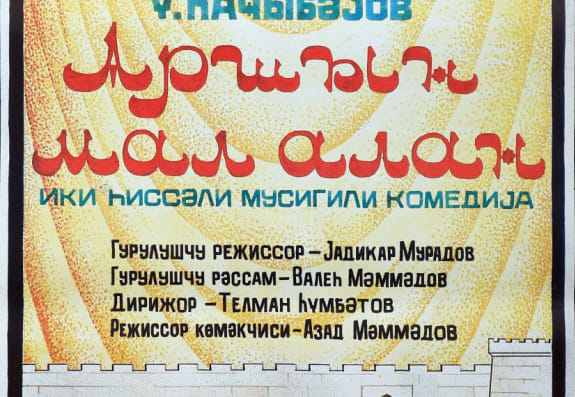
Ən uzun qastrol, yaxud 28 ilin afişası
01 Nov 2022 07:47
286

ƏƏSMN - i tərəfindən mənzillərin onlayn qaydada satışına başlanılıb
23 Jan 2023 07:42
166

Rövşən Rzayev: “Laçına növbəti köçlə bağlı hazırlıq işləri gedir”
02 Jun 2023 09:24
42

Şəhid ailələri və qazilərin mənzillə təminatı proqramı 5 dəfə genişlənib
02 Jun 2023 09:20
39

Ümumqoşun poliqonunda döyüş atışlı taktiki təlim keçirilib
31 May 2023 08:45
86

Cəbrayılda kəhrizlərin bərpası istiqamətində layihə icra olunur
31 May 2023 08:42
130

Qayıdış proqramında 200-dən çox Laçınlı quruculuq-abadlıq işlərinə cəlb olunub
30 May 2023 08:32
98

Laçında təcili və təxirəsalınmaz tibbi yardım briqadası fəaliyyətə başlayıb
29 May 2023 08:15
215

28 May - gen yaddaşımıza həkk olunmuş mübarək gün!
25 May 2023 12:41
102
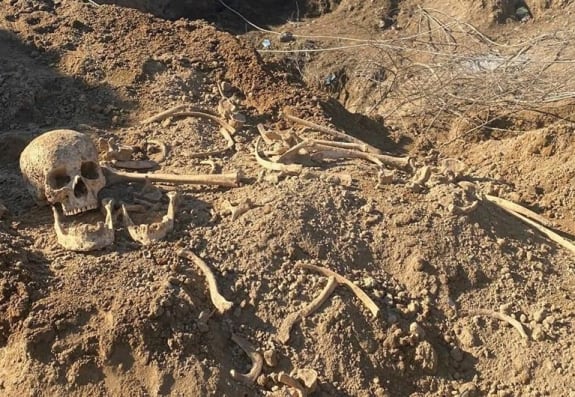
Zəngilan və Cəbrayılda itkin düşənlərin tapılması istiqamətində tədqiqata başlanacaq
24 May 2023 12:16
97

Füzulidə arabası ilə birlikdə basdırılmış hökmdarın məzarı tapılıb
23 May 2023 13:50
112

Zəngilanda iki növ yeni Xarıbülbül tapılıb
23 May 2023 13:11
73
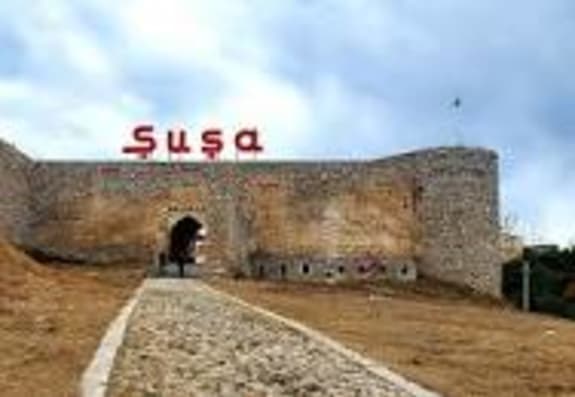
Şuşada çox sayda tunel aşkarlanıb
23 May 2023 13:08
52
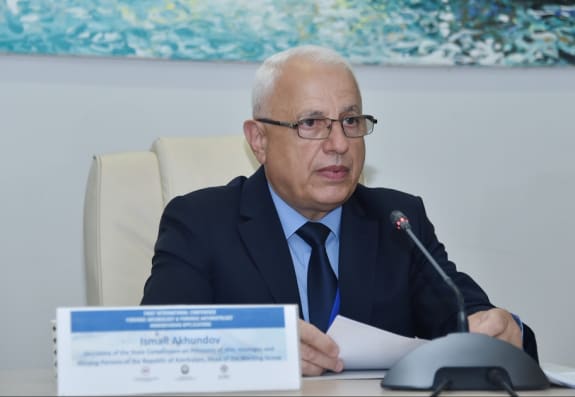
Meyit qalıqlarının eyniləşdirilərək ailələrinə təhvil verilməsi uzun prosesdir
23 May 2023 11:27
77

BQXK-nın yaxından iştirakı ilə 700-ə yaxın humanitar proses həyata keçirilib
23 May 2023 11:22
133

İtkin düşmüş şəxslərin ailə üzvlərindən 10 min 805 bioloji nümunə toplanıb
23 May 2023 11:16
49

Füzuli iki şəxsə aid olduğu ehtimal edilən qalıqlar tapılıb
23 May 2023 11:08
40
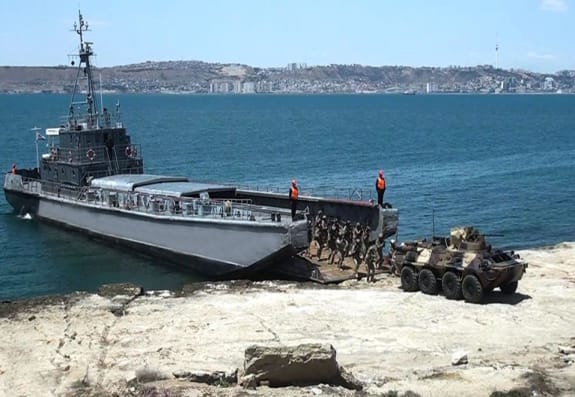
Xəzərdə dəniz komandolarının iştirakı ilə təlim keçirilib
22 May 2023 10:50
131

Azərbaycan Ordusunda silah və texnika yay mövsümündə istismar rejiminə keçirilib
19 May 2023 11:15
88

Ermənistan xüsusi xidmət orqanları ilə məxfi əməkdaşlığa cəlb olunan şəxslər ifşa edilib
16 May 2023 08:10
101
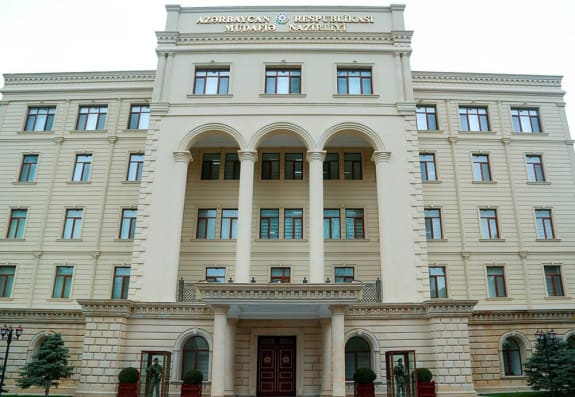
Müdafiə Nazirliyində xidməti müşavirə keçirilib
15 May 2023 13:57
148

ANAMA-dan işğaldan azad olunmuş ərazilərə səfər edən vətəndaşlara müraciət
15 May 2023 12:40
115












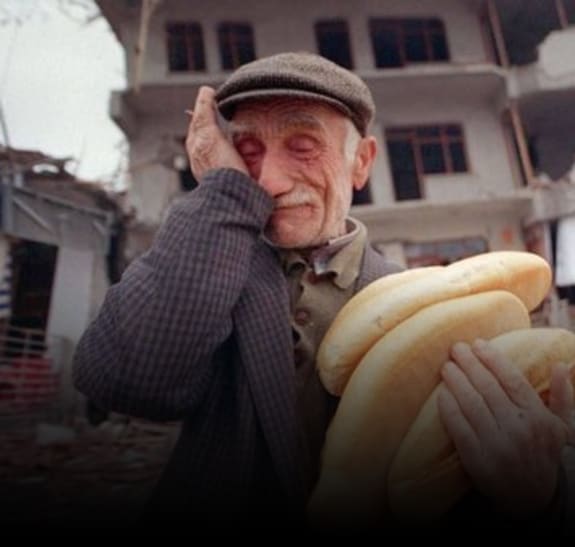

.png)